(アイキャッチ画像出典:Evening Standard)
今回は、AI論で有名なユヴァル・ハラリ氏の簡単な経歴と語録を紹介しよう。語録にはハラリ節全開で、彼の思考のエッセンスが凝縮されている。
出典記事

ハラリ氏略歴
Yet before Sapiens, published originally in Hebrew, Yuval Noah Harari, born in Israel in 1976, was almost unknown.
He used to be a specialist in medieval military history, studying at the Hebrew University of Jerusalem, followed by a PhD at Oxford, although he now says he doesn’t know why he chose this subject.
As a boy, he had been fascinated by the really big questions about life and was amazed that adults were preoccupied with money, careers and politics. “I made a promise to myself that when I was grown up, I would still care about the big questions.”
ユヴァル・ノア・ハラリは1976年イスラエル生まれ。ヘブライ語で『ホモ・サピエンス』を出版した当時は、ほとんど無名の存在だった。
ヘブライ大学エルサレム校で中世の軍事史を専攻し、オックスフォード大学に渡って博士号を取得した。本人曰く、なぜ軍事史を専攻したのか自分でもよくわからない。
幼い頃から人生の大問題を考えることが大好きだったハラリ少年は、大人がお金や仕事や政治にかまけているのが不思議でならなかった。「大人になったとき、これからも大問題を考え続けると自分に誓いました」。
Working at Oxford, he felt he couldn’t make sense of his life. Then, aged 24, he tried a 10-day course of Vipassana meditation, the practice of attending to one’s own mind and body, beginning simply with breathing, following a tradition taught by the Buddha, but accessible to those who are not committed Buddhists.
Harari says in his new book: “I think I learned more about myself and about humans in general by observing my sensations for these 10 days than I learned in my whole life up to that point.”
オックスフォードに教職を得てはみたものの、自分の人生に意味を見いだせなかったという。24歳になったハラリは、ヴィッパサーナ瞑想の10日間コースで、こころとからだに向き合うトレーニングに参加してみた。ヴィッパサーナ瞑想とは、シンプルに呼吸を整えることから始め、ブッダの教えた方式で瞑想を続けるもので、仏教徒でない一般人にも公開されている瞑想法だ。
この体験についてハラリは新著で述懐している、「わたしは10日間の自己省察を通じて、自分と人間全般について、それまでの全人生よりはるかに多くを学んだと思う」。
※新著とは2018年8月末刊行予定の “21 Lessons for the 21st Century” のこと。
ハラリ語録
On happiness(幸福について)
“Happiness does not really depend on objective conditions of either wealth, health or even community. Rather, it depends on the correlation between objective conditions and subjective expectations.
幸福を決定するのは富、健康、あるいはコミュニティといった客観条件ではない。むしろ客観条件と自分の期待の間に生じるズレである。(『サピエンス全史』)
On money(貨幣について)
“Money is the most universal and most efficient system of mutual trust ever devised.”
貨幣は人間がかつて創造したものの中で最も普遍的で最も効率のよいシステムである。(『サピエンス全史』)
On the workplace(職業について)
“How many young college graduates have taken demanding jobs in high-powered firms, vowing that they will work hard to earn money that will enable them to retire and pursue their real interests when they are 35? But by the time they reach that age, they have large mortgages, children to school, houses in the suburbs that necessitate at least two cars per family, and a sense that life is not worth living without really good wine and expensive holidays abroad. What are they supposed to do, go back to digging up roots? No, they double their efforts and keep slaving away.”
多くの新卒者は有力企業に職を求め、きつい仕事をこなして財を築き、35までにはリタイヤして本当にしたいことをすると自分に誓う。35になったとき、彼らは多くのローンを抱え、子どもを学校通わせ、最低クルマが2台ないと生活できない郊外に家を構えている。そして「いいワインと海外での贅沢な休日のない人生なんて生きる意味ないなあ」と悩む。ではどうする?原点に戻って土でも掘り返すか?いや、それでは苦労を二倍背負いこみ、一生あくせくし続けることになる。(『サピエンス全史』)
「あくせく働く」「忙殺される」を意味するイディオム。
On the diet economy(ダイエット経済について)
“Each year the US population spends more money on diets than the amount needed to feed all the hungry people in the rest of the world.”
アメリカ人は毎年、世界の飢餓人口の腹を満たすのに必要な金額以上をダイエットに費やしている。(『サピエンス全史』)
On the rise of the machines(機械の台頭について)
“In the past there were many things only humans could do. But now robots and computers are catching up, and may soon outperform humans in most tasks.
True, computers function very differently from humans, and it seems unlikely that computers will become human-like any time soon…. However, we are on the brink of a momentous revolution. Humans are in danger of losing their economic value because intelligence is decoupling from consciousness.”
過去には人間にしかできないことがたくさんあった。だがロボットやコンピュータの追い上げは急で、大半の仕事で人間以上の能力を発揮する日もそう遠くないだろう。
確かにコンピュータは機能面で人間と大きな違いがある。いますぐ人間と同じように働くようになるとは思えない。…しかし重大な革命はもうすぐそこに来ている。知能と意識が別々の領域に分かれつつあるので、人間は知能を使う仕事で経済的価値を失う危険があるのだ。(『Homo Deus』)
On biology v culture(生物学vs文化)
“Biology enables, culture forbids. Biology is willing to tolerate a very wide spectrum of possibilities. It’s culture that obliges people to realise some possibilities while forbidding others. Biology enables women to have children — some cultures oblige women to realise this possibility. Biology enables men to enjoy sex with one another — some cultures forbid them to realise this possibility.”
生物学は可能にするものであり、文化は禁じるものである。生物学は最大限に可能性を許容する。文化は一部の可能性を認めつつ、他を禁じる。生物学は女性が子どもを産むことを可能にする。一部の文化は女性に子どもを産むことを義務づける。生物学は男性同志がセックスを楽しむことを可能にする。一部の文化はそれを禁じる。(『サピエンス全史』)
On sugar(糖分摂取について)
“In 2012 about 56 million people died throughout the world; 620,000 of them died due to human violence… In contrast, 800,000 committed suicide and 1.5 million died of diabetes. Sugar is more dangerous than gunpowder.”
「2012年世界の死者は約5,600万人だった。そのうち62万人が人間の暴力によって死亡した…それに対して80万人が自殺し、150万人が糖尿病で死亡した。砂糖は火薬よりも危険である」(『Homo Deus』)
On the meaning of life(人生の意味について)
“As far as we can tell from a purely scientific viewpoint, human life has absolutely no meaning. Humans are the outcome of blind evolutionary processes that operate without goal or purpose. Our actions are not part of some divine cosmic plan, and if planet Earth were to blow up tomorrow morning, the universe would probably keep going about its business as usual … human subjectivity would not be missed. Hence any meaning that people ascribe to their lives is just a delusion.”
純科学的な視点に立てば、人生にはまったく意味がない。人間は、終点も目標も決めず盲目的に前進する進化過程の産物である。人間の行動は、神の目に見えない壮大な計画の一部ではない。たとえ明日の朝地球が破裂しても、宇宙は涼しい顔でこれまで通りに運行を続けるだろう。…人間の主観が失われて残念がるものは存在しない。したがって人々が自分の人生に付与している意味は単なる妄想である。(『サピエンス全史』)
On terrorism(テロリズムについて)
“Terrorists are like a fly that tries to destroy a china shop. The fly is so weak that it cannot budge even a single teacup. So it finds a bull, gets inside its ear and starts buzzing. The bull goes wild with fear and anger and destroys the china shop. This is what happened in the Middle East in the past decade. Islamic fundamentalists could never have toppled Saddam Hussein by themselves. Instead they enraged the US by the 9/11 attacks, and the US destroyed the Middle Eastern china shop for them.”
テロリストは瀬戸物屋を破壊しようとする蠅のようなものだ。蠅は力が弱いので茶碗ひとつ動かせない。そこで牛を見つけ、耳の中に入ってブンブン言い始める。牛は恐怖と怒りで荒れ狂い、瀬戸物屋をぶち壊す。これが過去10年に中東で起きたことである。イスラム原理主義者だけであれば、けっしてサダム・フセインを打倒できなかっただろう。だから彼らは9.11攻撃で米国を激怒させた。米国は彼らの代わりに中東の瀬戸物屋を破壊したのである。(『Homo Deus』)
新著 “21 Lessons for the 21st Century” より
- “No remaining human job will ever be safe from the threat of future automation.”
- “Once AI makes better decisions than us about careers and perhaps even relationships, our concept of humanity and of life will have to change.”
- “By 2100, the richest one per cent might own not merely most of the world’s wealth, but also most of the world’s beauty, creativity and health.”
- “The most up-to-date nuclear missiles and cyber bombs might well be employed to settle a doctrinal argument about medieval texts.”
- “Humans have always lived in the age of post-truth. Homo sapiens is a post-truth species, whose power depends on creating and believing fictions.”
-
- 未来の自動化の脅威から安全だと言える人間の仕事はもう残っていない。
- AIが職業適性について、あるいは人間関係についてさえ、人間より優れた判断を下すようになれば、私たちは人間性の定義、人生の定義を変えざるをえない。
- 最も裕福な1%は2100年までに世界の富の大半を所有するだろう。世界の美、創造性、健康の大半もまた彼らの手に落ちるに違いない。
- 中世以来の神学論争はいまだに決着がつかない。最新の核ミサイルやサイバー爆弾で解決される可能性を否定できない。
- 人間はつねに “ポスト真実” の時代を生きてきた。ホモ・サピエンスは “ポスト真実” の種であり、虚構を創造し、それを信じる力で生き延びてきた。
朝日新聞の定義によれば「客観的事実より、感情的な訴えかけの方が世論形成に大きく影響する状況」を指す流行語。
ハラリ氏は「何を今さら」と言っているのである。人間にとって真実はつねに相対的であり、それが本当かどうかより、それを本当だと信じた力の強さがサバイバルの秘訣だと指摘しているのだ。一神教を生んだディアスポラの民ならではの視点ではないか。
当サイトのハラリ氏関連記事
当サイトではこれまで以下の記事でハラリ氏の言論を紹介しているので参考にしてほしい。
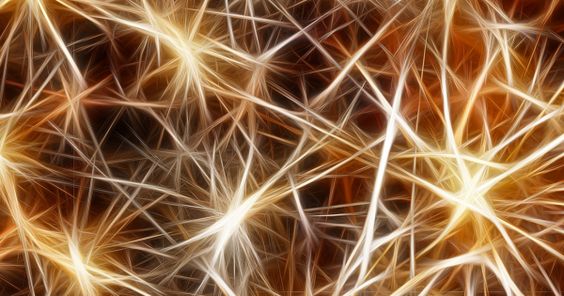


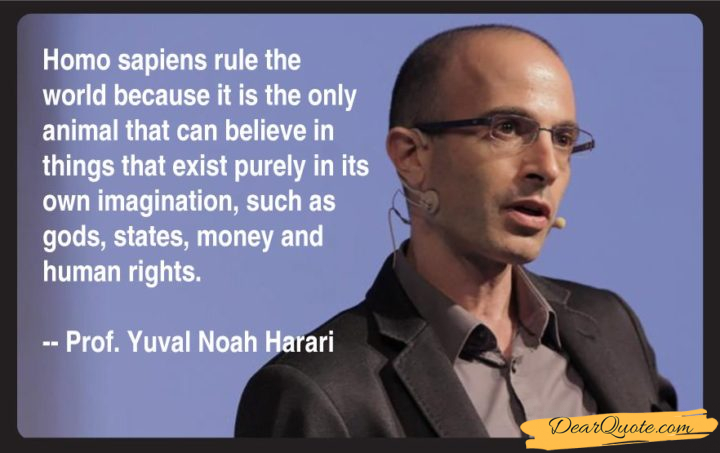
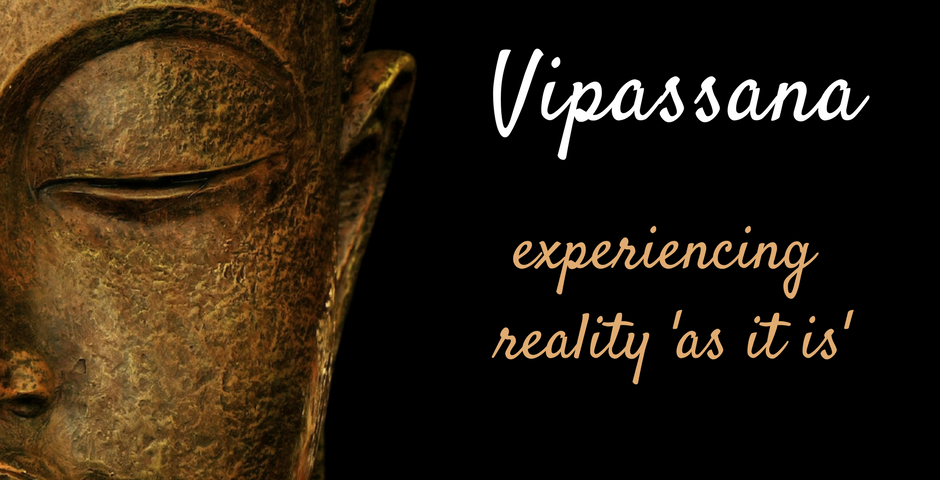
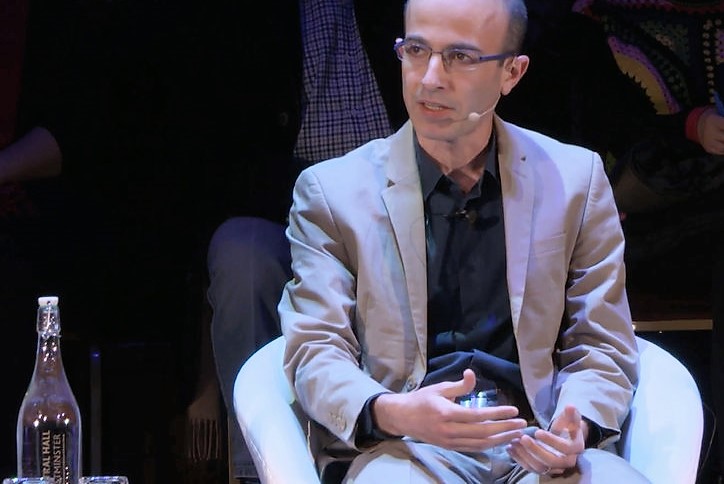
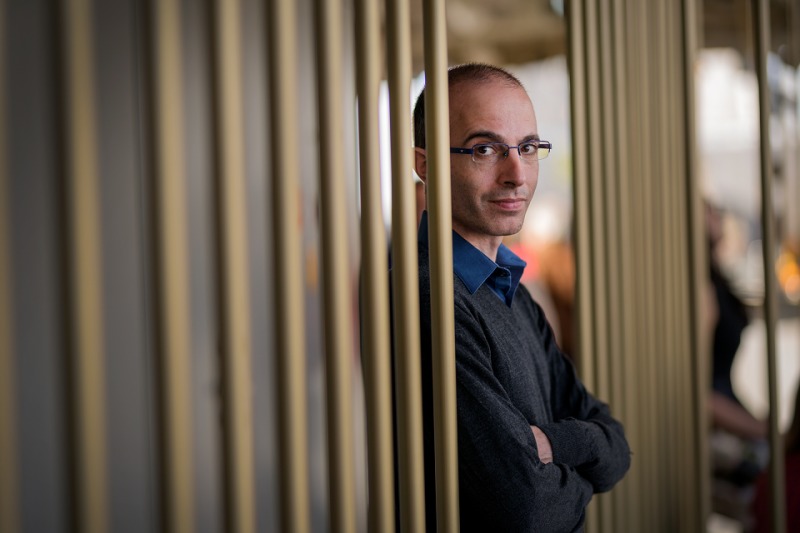



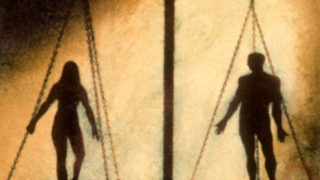
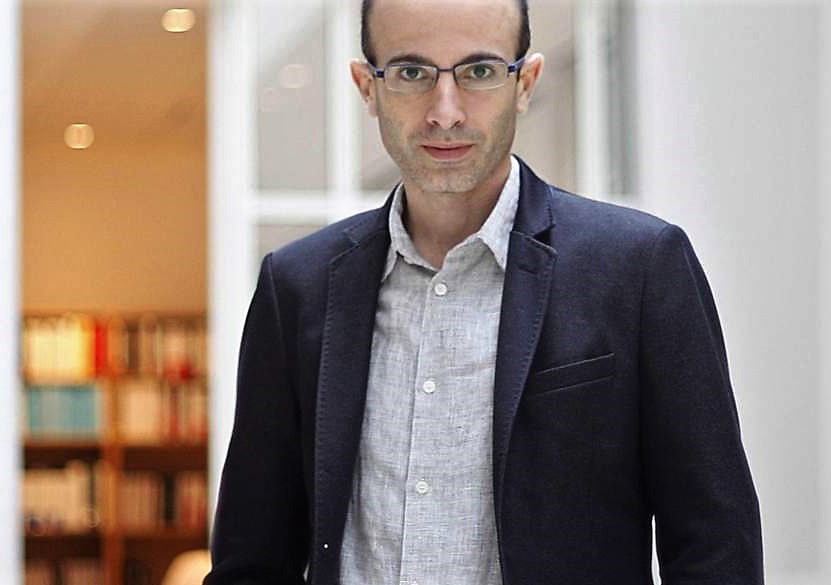

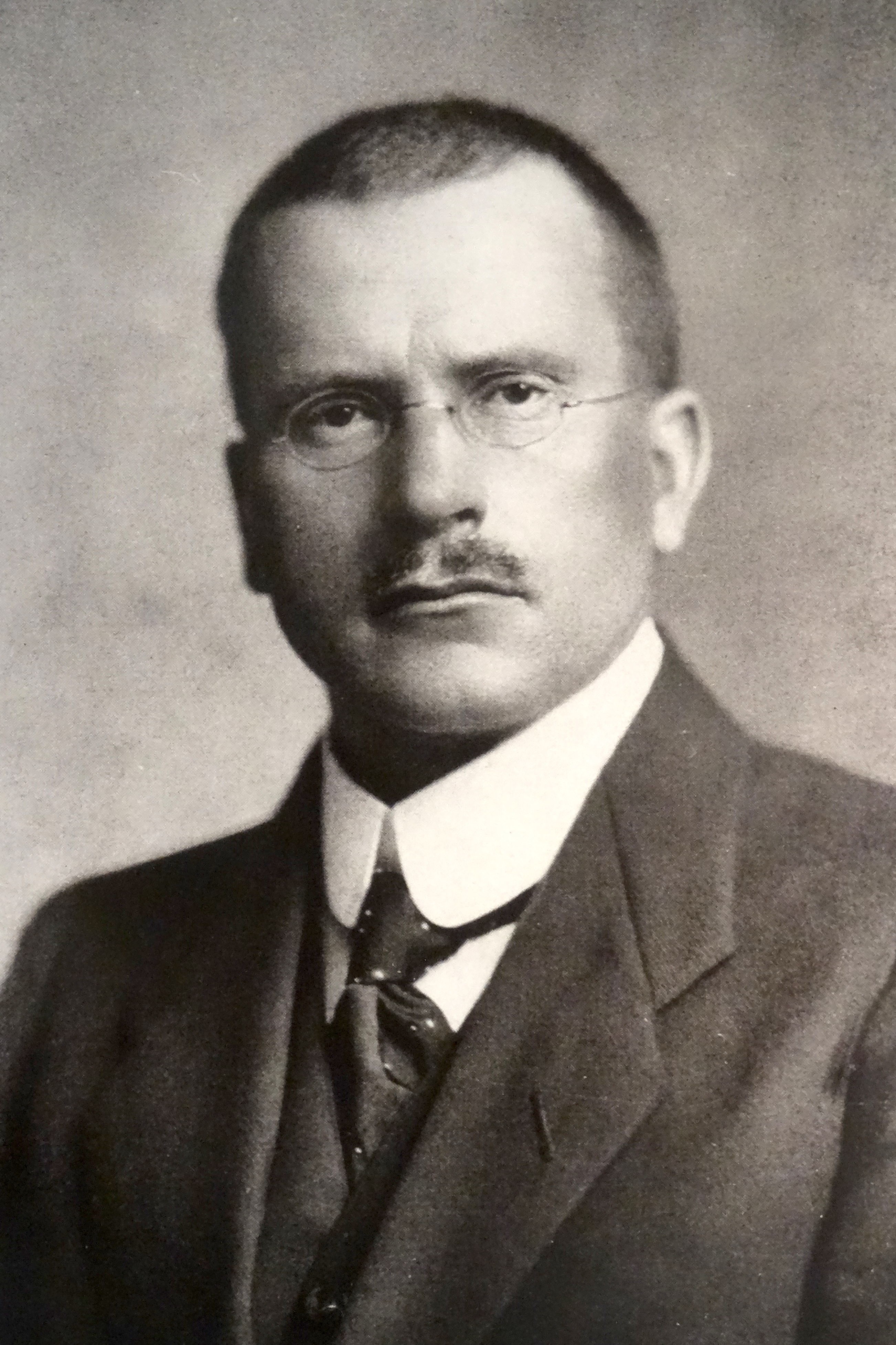
コメント